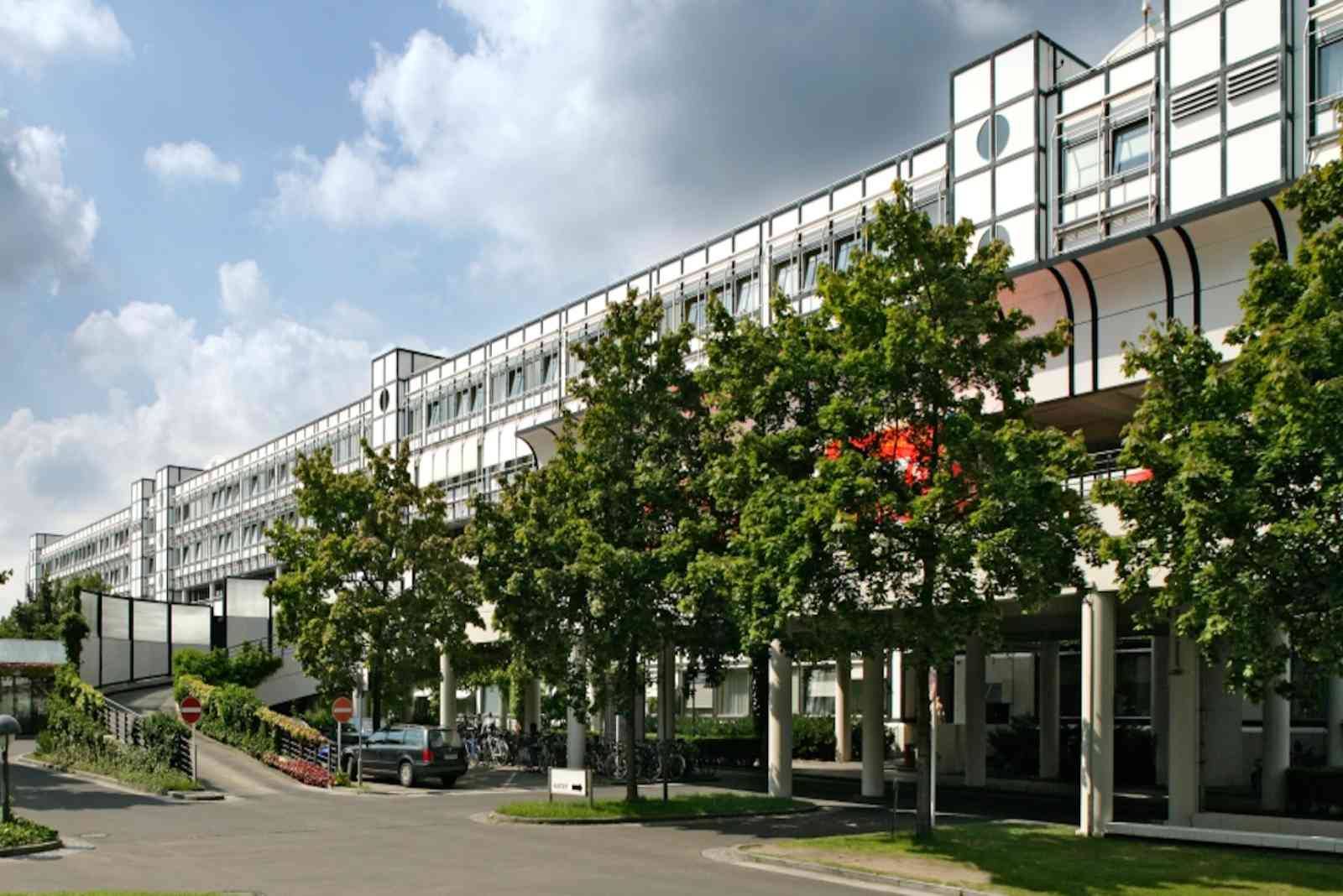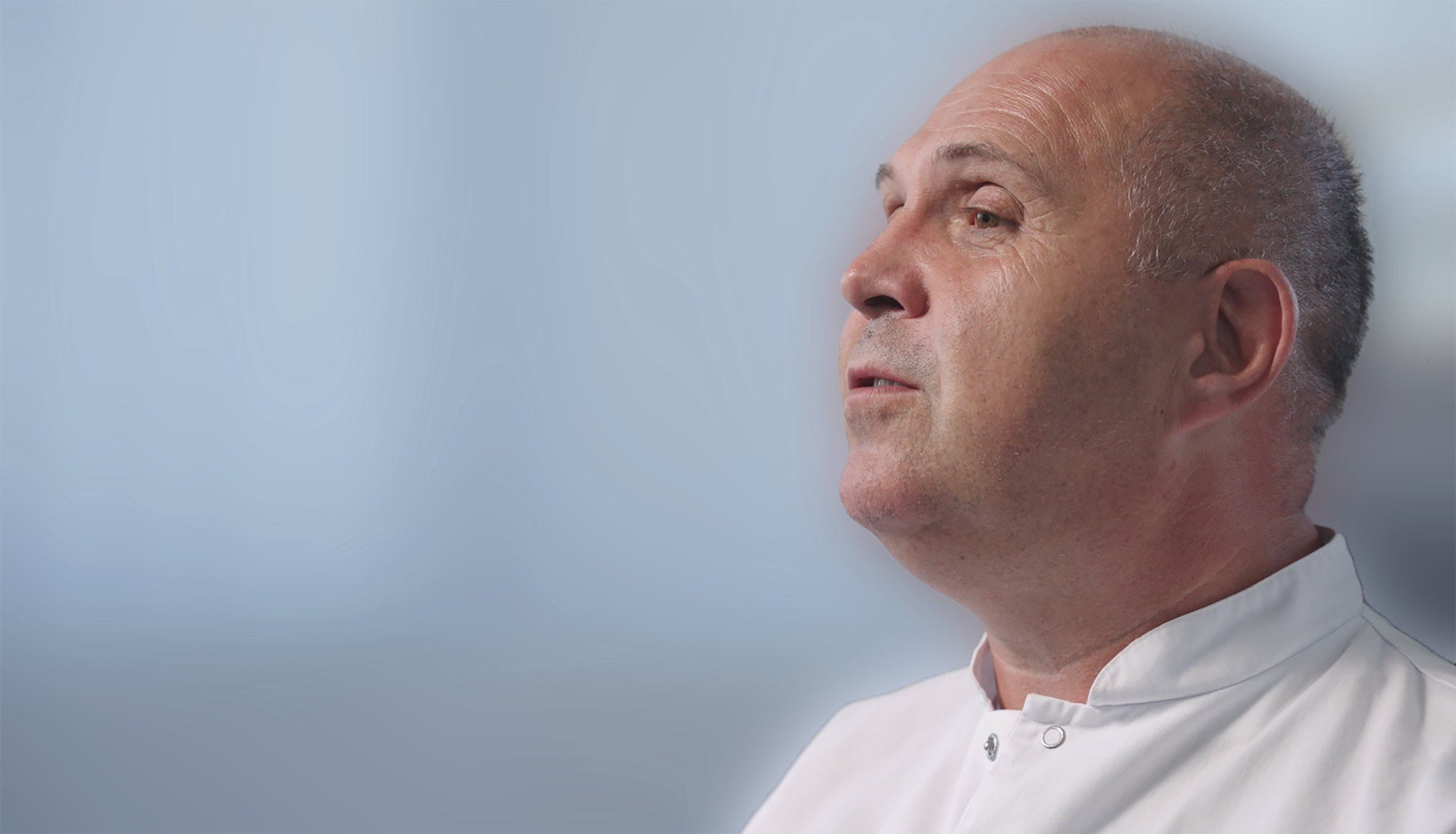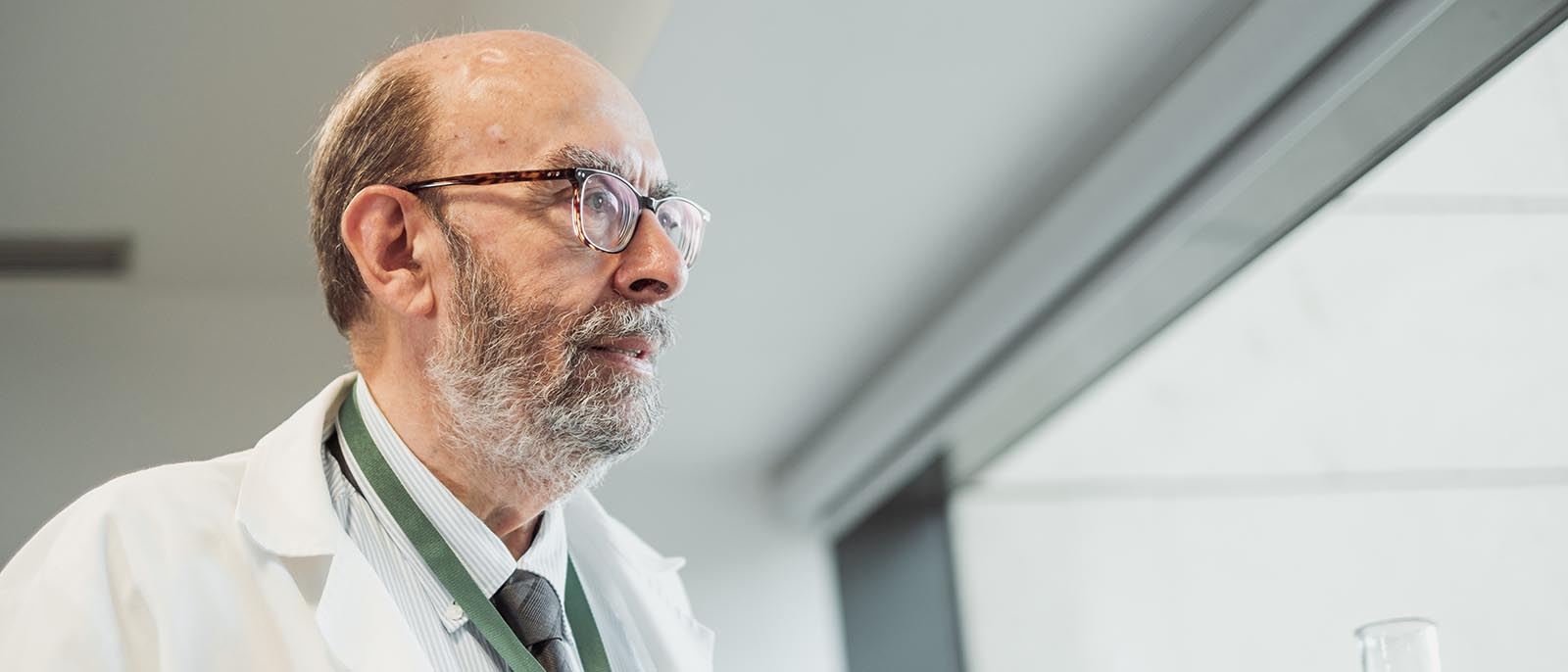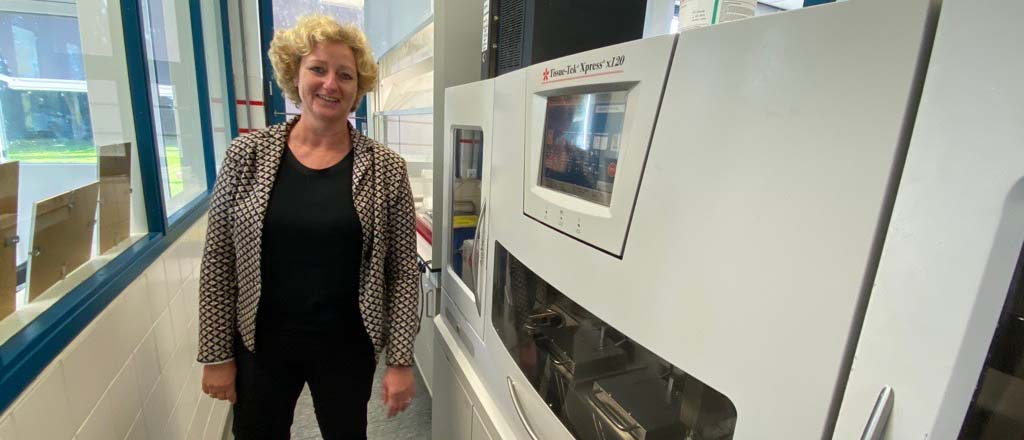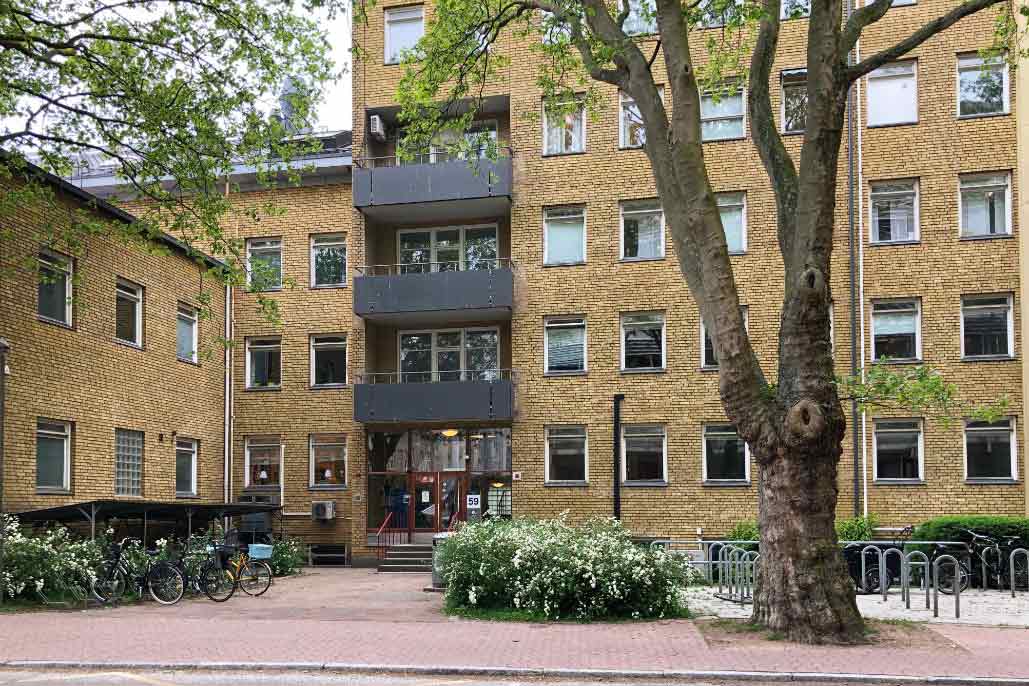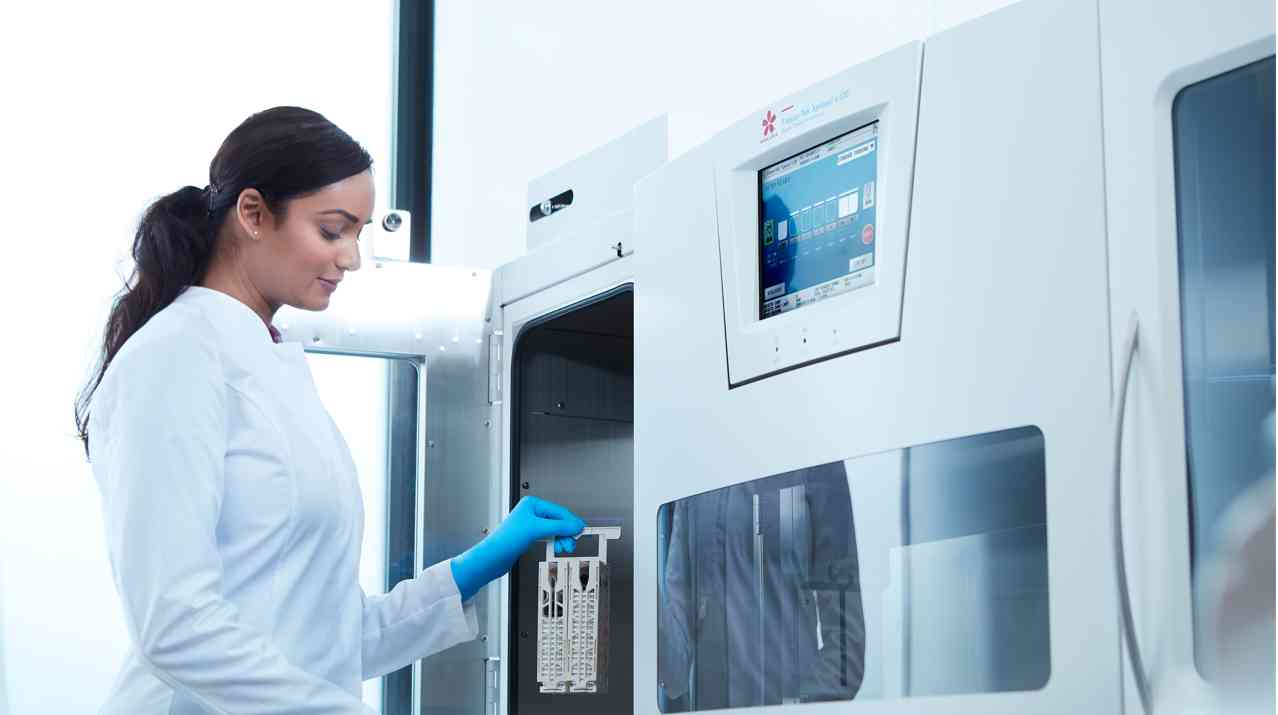Whitepaper
Compatibility of the Tissue-Tek Xpress® x120 with routine molecular diagnostics
Interview with Prof. Herbst and Dr Kriese in Vivantes Klinikum Neukölln.
Sakura’s Tissue-Tek Xpress® x120 is a powerful instrument that minimises the time needed for processing tissue and maximises a lab’s workflow. Prof. Herbst and Dr Kriese both work at the Vivantes Klinikum Neukölln in Berlin, and are happy to reveal that processing tissue with this instrument does not influence their ability to carry out molecular diagnostic assays.
Vivantes Hospital Group is the largest state-owned healthcare group in Germany, and has been accredited by the College of American Pathologists (CAP), making it the largest accredited CAP institution in Europe. Vivantes’ main Pathology department, out of five, is the Institute of Pathology at Vivantes Klinikum Neukölln. Here, they focus on high-throughput technologies, immunohistochemistry and molecular pathology. Vivantes Klinikum Neukölln receives more than 2,000 molecular pathology cases per year for DNA and RNA isolation techniques.
For the most part, Vivantes’ molecular pathology lab analyses tissue from formalin-fixed, paraffin-embedded (FFPE) blocks. As all assays performed depend on the DNA and RNA quality and ultimately on the PCR amplification performance, it is vital that the FFPE material received is of high quality. Vivantes uses two tissue processing methods: the conventional method and continuous processing, which is where Sakura’s Tissue-Tek Xpress x120 comes in.
Director of the Institute of Pathology at Vivantes Klinikum Neukölln in Berlin, Professor Herbst has been working for Vivantes Hospital Group for over 16 years. His direct colleague, Doctor Kriese, is Head of the Molecular Pathology laboratory, and is in her 11th year of working for Vivantes.
In this interview, Prof. Herbst and Dr Kriese explain that the two different types of tissue processing, conventional and continuous, have no effect on the ability to determine clear diagnoses. They start with explaining how important quality is and how it is assured in their lab before talking about the two processing methods and the future of molecular pathology.
-(1).png)
Dr Kriese (left) and Prof. Herbst (right)
The importance of on-going accreditation and the material’s source
“The CAP ... accreditation process,” tells Prof. Herbst, “is a review of procedures, quality and qualification of people involved.” CAP accreditation takes place every other year. In between CAP assessments, Vivantes performs and records their own assessments. “We also participate in proficiency tests for the German Quality Assurance Initiative for Pathology (QuIP).” On-going profi ciency tests are useful as they keep laboratory quality and output high.
When it comes to FFPE blocks and block creation, most blocks are from the labs of the Vivantes Hospital Group. They do not regularly receive blocks from external sources. With blocks from internal sources, a lot of information is provided and it is possible to estimate the duration of fixation. Prof. Herbst explains that this is actually required for CAP accreditation. Regarding the blocks received from external sources, not much information is known. However, the DNA extraction processes are very safe. “In most cases,” explains Prof. Herbst, “we get DNA that can be used for PCR amplification purposes ... and for Next Generation Sequencing (NGS), the main technology that we are using.” Dr Kriese adds, “we always do a quality assessment with PCR and we look at the integrity of the nucleic acids we isolate. This way we can assess beforehand how well the amplification process and NGS could be.”
Conventional versus continuous processing methods
The two methods of processing tissue and making an FFPE block – conventional and continuous – do not seem to influence quality or downstream molecular testing. According to Dr Kriese, there are no significant differences that affect the tests they perform in the lab. For the tests, isolated DNA needs to amplify to up to 600 base pairs. Concerning DNA amplification above 600 base pairs,Dr Kriese tells: “This is not necessary because none of ourmolecular diagnostic tests needs DNA amplicons longer than 600 base pairs.”
“There are no significant differences that affect the tests that we do in the laboratory.” –Dr Kriese
“What is critical,” Prof. Herbst notes, “is the quality of the formalin. It has to be neutral buffered formalin.” Additionally, temperature of the fixative is an important factor. Heated formalin will show a significant increase in the amount of formic acid, rendering DNA and RNA almost useless.
“What is critical, is the quality of the formalin.” – Prof. Herbst
Prof. Herbst explains that both fixative and fixation length play crucial roles. “If the chemicals are of higher quality and are treated and stored properly, then everything should be fine.”. Luckily, poor DNA integrity happens rarely. In most cases, those blocks have come from external sources or may have already been damaged before the fixation process has begun. Prof. Herbst: “If the material is not fixed properly and autolytic, the DNA strands will be damaged and RNA might be gone completely.”
The future of molecular diagnostics
Prof. Herbst sees a future in which the molecular pathologyfield will become more automated. In his view, in 5-10 years, technicians won’t merely perform a simple NGS diagnosticspanel, but a whole exome sequencing. A pathology institute could have a molecular pathology lab as large as the routinehistopathology part, or it could even outgrow this part. “Over the last 10 years ... there [has been] an exponential growth in the molecular diagnostic lab and I think this willcontinue. I think it is very important to keep histopathologyconnected to molecular tests in one institute.”
“Over the last 10 years ... there [has been] an exponential growth in the moleculardiagnostic lab and I think this will continue.” – Prof. Herbst
